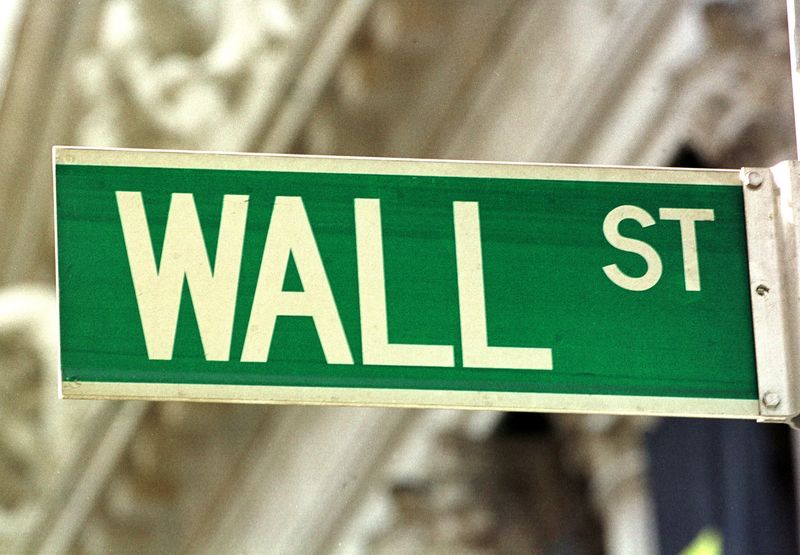Investing.com -- The largest U.S. banks are healthy enough to weather a severe global economic recession, the Federal Reserve said Wednesday after releasing the results from its latest “stress tests.”
The move paves the way for banks to resume dividends payouts to investors and announce stock buybacks.
This year's test, which tested conditions under a “severely adverse scenario,” involved a hypothetical global recession lasting from Q4 2023 to Q3 2025, forcing economic growth to fall 8.5%, with unemployment jumping to 6.3% to a 10% peak, and stock prices falling 55%.
Under this severe economic downturn, the 31 largest U.S. banks would collectively lose more than US$685 billion.
The average tier-one capital ratio, or CET1, the cushion against losses, of these banks was projected to fall by 2.8% to 9.9%, but that would still be more than double the 4.5% minimum level required under the Dodd-Frank Act.
"The 2024 stress test shows that the 31 large banks subject to the test this year have sufficient capital to absorb nearly $685 billion in losses and continue lending to households and businesses under stressful conditions," the report said.
